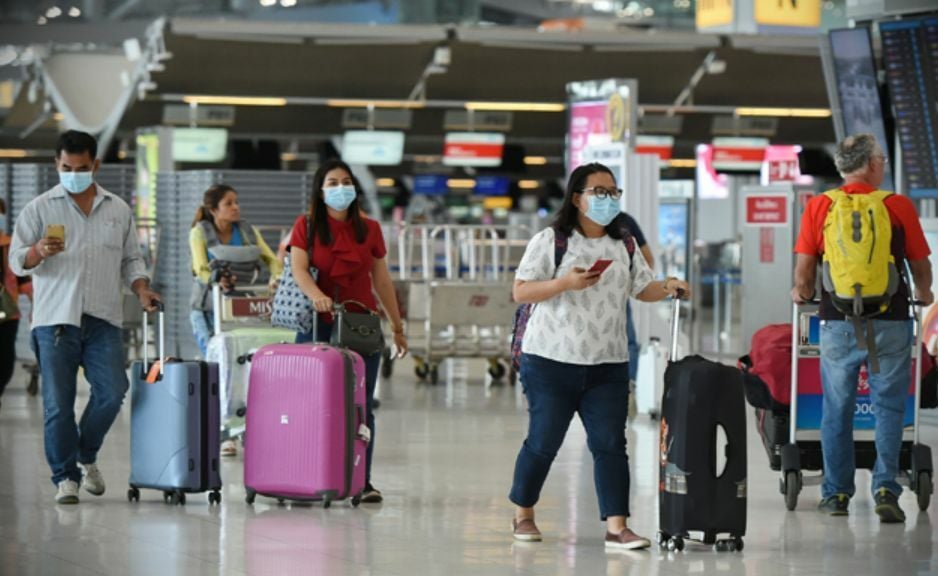Outbound travel market resilient despite weakening baht and fluctuating forex

Despite the weakening baht and fluctuating foreign currency exchange rates, the outbound travel market is predicted to remain stable. This is largely due to the fact that potential tourists, possessing the necessary purchasing power, are prepared for travel in the cooler season, coupled with the fact that airlines are increasing flights.
Chotechuang Soorangura, the vice president of the Thai Travel Agents Association, revealed that numerous individuals who had previously postponed their travels during the final quarter of last year have now scheduled trips for this year.
This is primarily due to the affordability of airfare and the increased seat capacity on international flights.
In the last quarter of the previous year, popular destinations for Thai travellers such as Japan, Hong Kong, and Taiwan were open with minimal Covid-19 restrictions. However, the volume of outbound travel did not match the projected figures for this year.
As the cooler season approaches, several airlines operating popular routes for Thai tourists have revealed plans to increase flight frequencies. Korean Air is increasing Seoul-Bangkok flights from three to five daily and doubling daily frequency from Seoul to Chiang Mai until March 2 next year.
In a similar move, Thai AirAsia X has increased its Bangkok-Seoul flights from 10 to 14 per week for the cooler season. Additionally, it has also increased its flight frequency from Bangkok to Chitose near Sapporo from four to seven per week, compared to the same period last year.
Currency Impact
Chotechuang stated that favourite destinations like Japan and South Korea remain unaffected by the currency depreciation.
Thai tourists do not feel disadvantaged when converting baht to these currencies. Moreover, he explained that the service sector related to tourism in several European destinations has better managed the rising operational costs, compared to last year when they grappled with inflation and high energy prices.
He further assured that outbound tour operators should not be significantly affected by the weak baht. This is because they typically sign contracts with land operators based on a specific exchange rate and set a benchmark on how much they will allow service providers to increase the price.
Only countries with currencies pegged to the US dollar, primarily long-haul destinations for Thai tourists, will see limited impacts.
For these long-haul trips during the cooler season, most tourists plan their trips well in advance and pay deposits before the fluctuation of the baht as visa applications can take several months.
Outbound Travel
Chotechuang did acknowledge that some outbound tour packages might increase their prices, which could sway the travel decisions of those who did not plan in advance.
For instance, the currency exchange was 4.5% more expensive in the first week of October than in September, reported Bangkok Post.
According to the Tourism and Sports Ministry, the number of outbound travel in the first half of the year was recorded at 4.5 million.
Chotechuang predicts that the figure for the first three quarters of this year should be 4.7 million as the third quarter is usually the off-peak season for outbound travel.
Despite a surge in transport costs in Japan and a recent mass stabbing incident in Seoul in August, Thai tourists are undeterred. Chotechuang said…
“Thais are still eager to travel. They will adapt their plans to avoid hefty costs.”
Follow more of The Thaiger’s latest stories on our new Facebook page HERE.
Latest Thailand News
Follow The Thaiger on Google News:


























